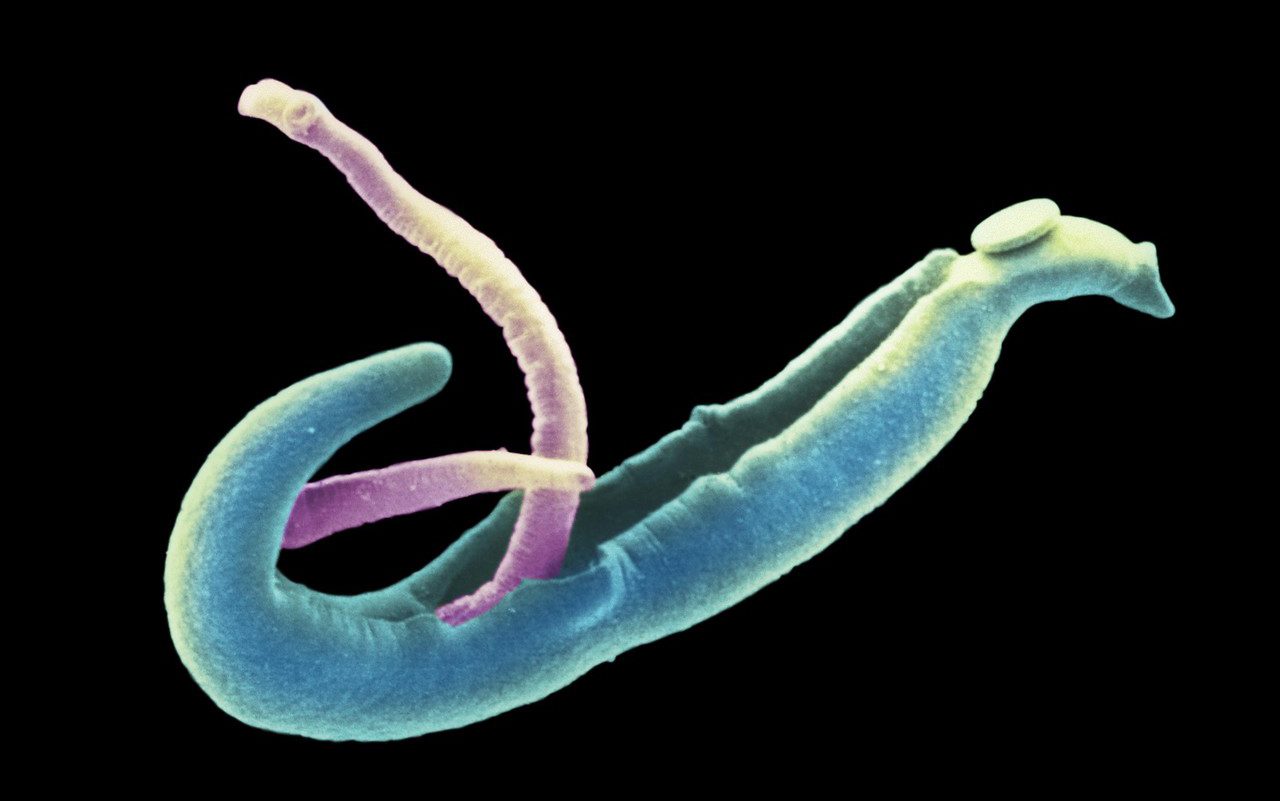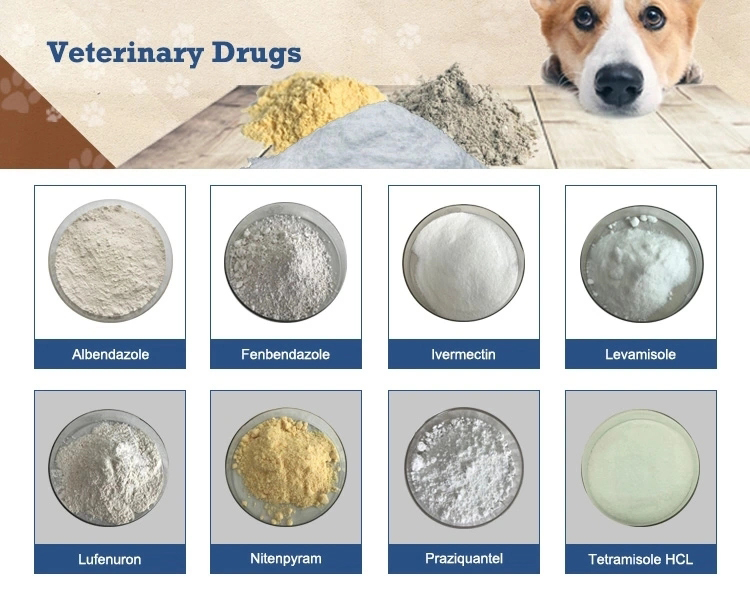Praziquantel is an antiparasitic medication used to treat various parasitic infections, primarily those caused by flatworms, such as schistosomiasis and tapeworm infections. Here is some information about the origin and nature of praziquantel:
Origin of Praziquantel:
Praziquantel was first discovered in the 1970s by a group of researchers at the pharmaceutical company Bayer AG in Germany. The development of praziquantel was a significant breakthrough in the field of parasitology, as it proved to be highly effective against a wide range of parasitic flatworms. Schistosomiasis, in particular, is a debilitating and widespread disease in many tropical and subtropical regions, and praziquantel revolutionized its treatment.

Nature of Praziquantel:
Praziquantel is a synthetic compound with a chemical structure represented as 2-(cyclohexylcarbonyl)-1,2,3,6,7,11b-hexahydro-4H-pyrazino[2,1-a]isoquinolin-4-one. Its exact mode of action is not fully understood, but it is believed to work by affecting the permeability of the cell membranes in the flatworms, ultimately leading to muscle paralysis and the death of the parasites. Praziquantel is highly effective against both adult and larval stages of many flatworm species, making it a versatile and crucial medication in the treatment of parasitic infections.
Praziquantel is typically administered orally, and it is well-tolerated by most patients with minimal side effects. It has been widely used in the treatment of schistosomiasis, which affects millions of people in Africa, Asia, and South America, as well as in the treatment of various tapeworm infections. It is considered an essential medication in the fight against parasitic diseases and has been included in the World Health Organization’s List of Essential Medicines.
Overall, praziquantel has played a vital role in the control and treatment of parasitic infections, improving the health and well-being of many people around the world.
The use effect of Praziquantel
Praziquantel is a medication primarily used to treat parasitic infections, particularly those caused by certain types of flatworms and flukes. It is a broad-spectrum anthelmintic drug that is effective against a variety of parasitic worms, including Schistosoma species, liver flukes (Fasciola species), and tapeworms (such as Taenia and Echinococcus species). Here are some key points about the use and effects of praziquantel:
Indications: Praziquantel is commonly used to treat infections caused by parasitic flatworms and flukes, including schistosomiasis, clonorchiasis, paragonimiasis, and various tapeworm infections. It is considered the drug of choice for many of these infections.
Mechanism of Action: Praziquantel works by disrupting the parasites’ cell membrane, leading to an influx of calcium ions and paralysis of the parasites. This allows the host’s immune system to effectively eliminate the parasites from the body.
Oral Administration: It is typically administered orally in tablet or suspension form. The specific dosage and duration of treatment depend on the type of infection, the patient’s age, and other factors, so it is important to follow the doctor’s or healthcare provider’s instructions.

Effectiveness: Praziquantel is highly effective against the targeted parasites and often leads to a rapid reduction in symptoms. It may require multiple doses or a longer treatment course for certain infections.
Side Effects: Common side effects of praziquantel are generally mild and may include nausea, vomiting, diarrhea, abdominal pain, dizziness, and headache. These side effects are usually short-lived and subside on their own. If side effects are severe or persistent, it is essential to consult a healthcare professional.
Contraindications: Praziquantel should not be used by individuals who are allergic to the drug or have a known hypersensitivity to it. It may also interact with other medications, so it’s important to inform your healthcare provider about any other drugs you are taking.
Special Considerations: Pregnant and breastfeeding women should use praziquantel with caution, and its use in children under a certain age (usually less than 4 years old) may be limited. The benefits of treatment should be weighed against potential risks in these cases.
Follow-Up: In cases of parasitic infections, especially schistosomiasis, periodic follow-up is often necessary to ensure that the infection has been fully treated, and there are no complications.
Praziquantel is considered an essential medication for the treatment of certain parasitic infections, particularly in regions where these infections are prevalent. However, its use should always be supervised by a healthcare professional, and patients should follow their instructions closely to ensure safe and effective treatment.
